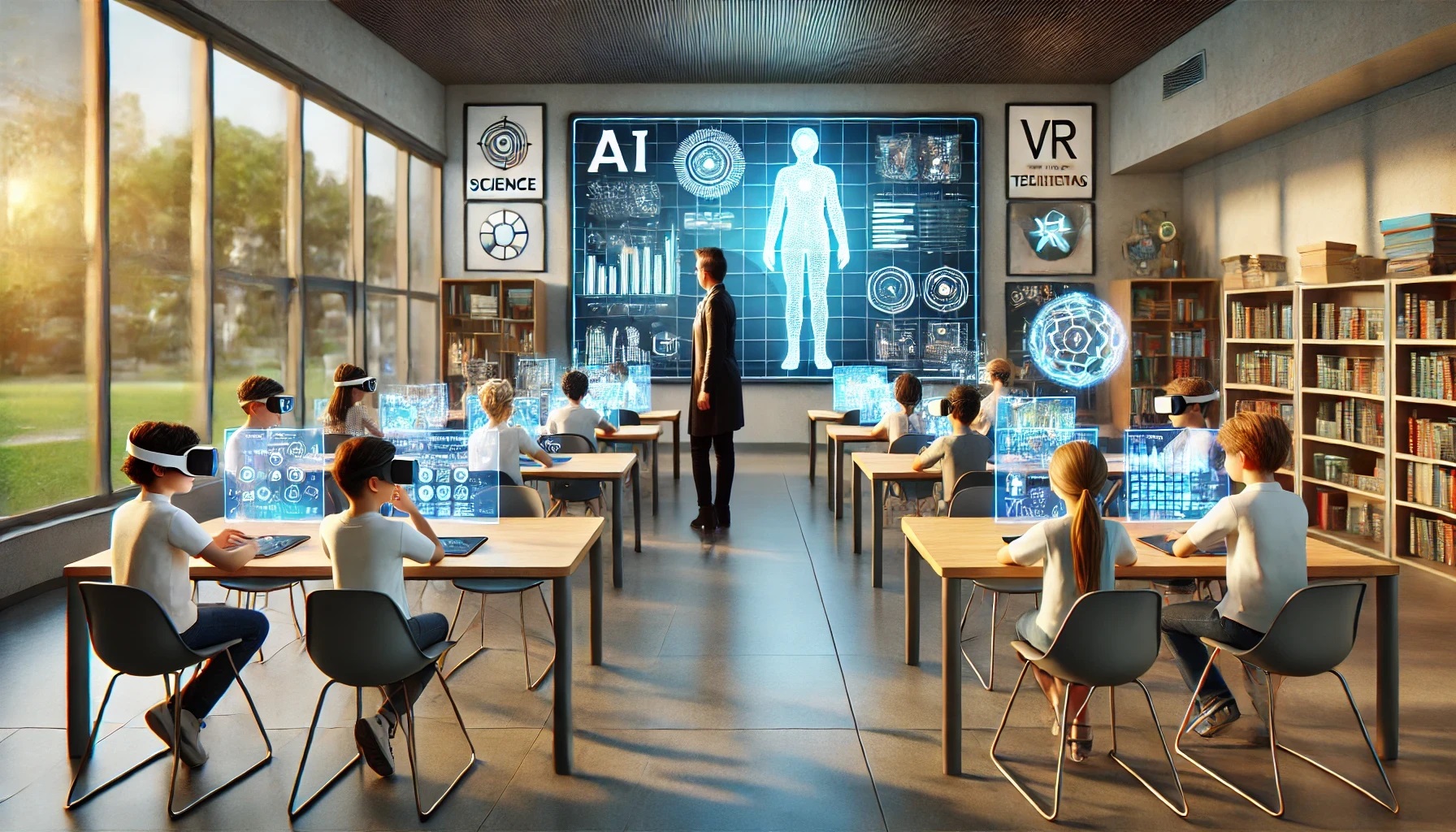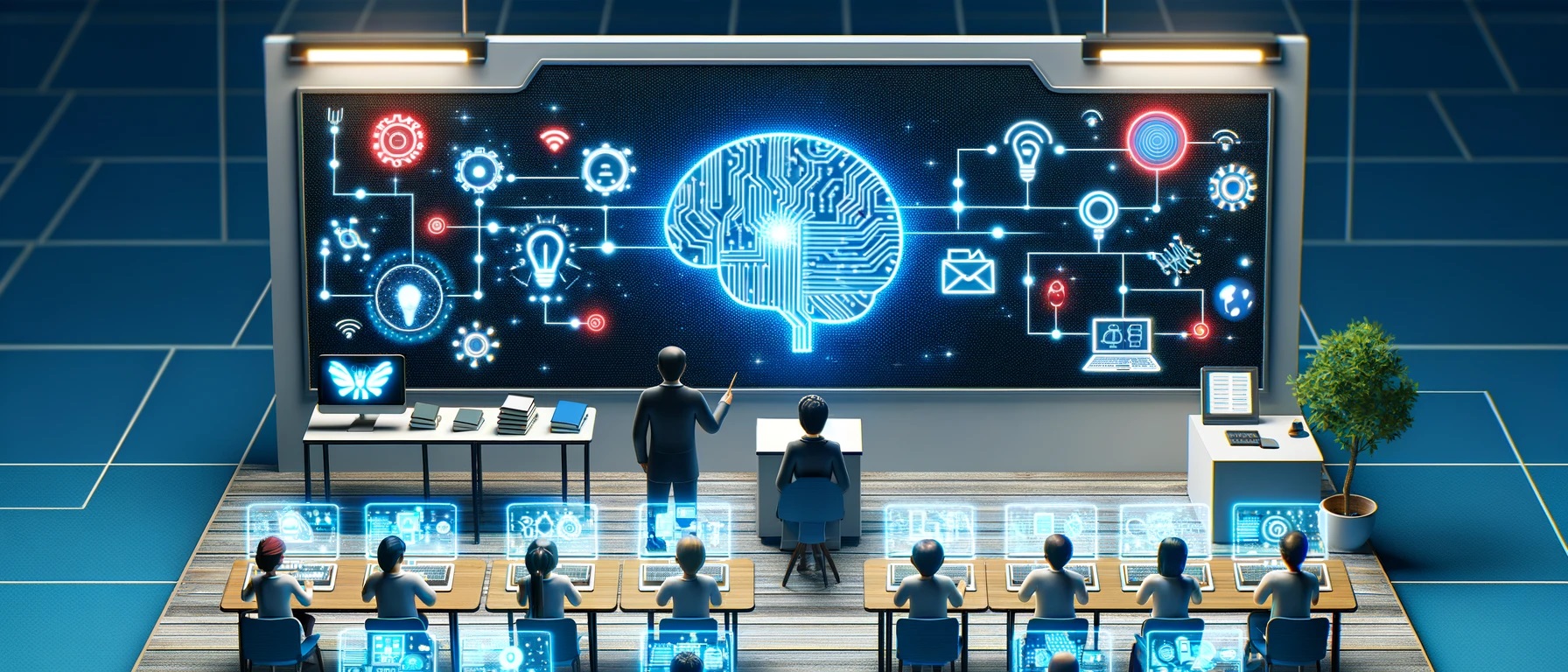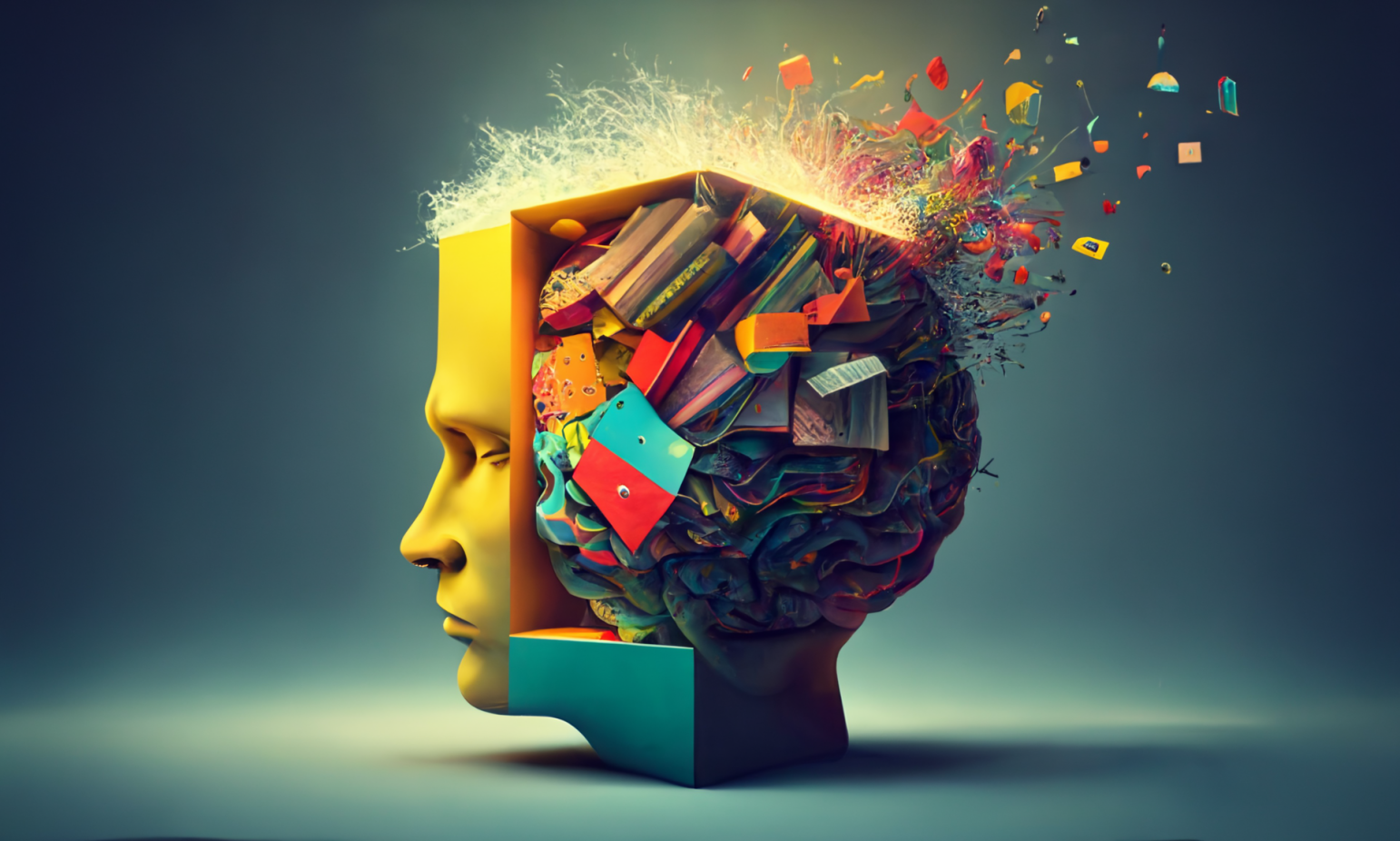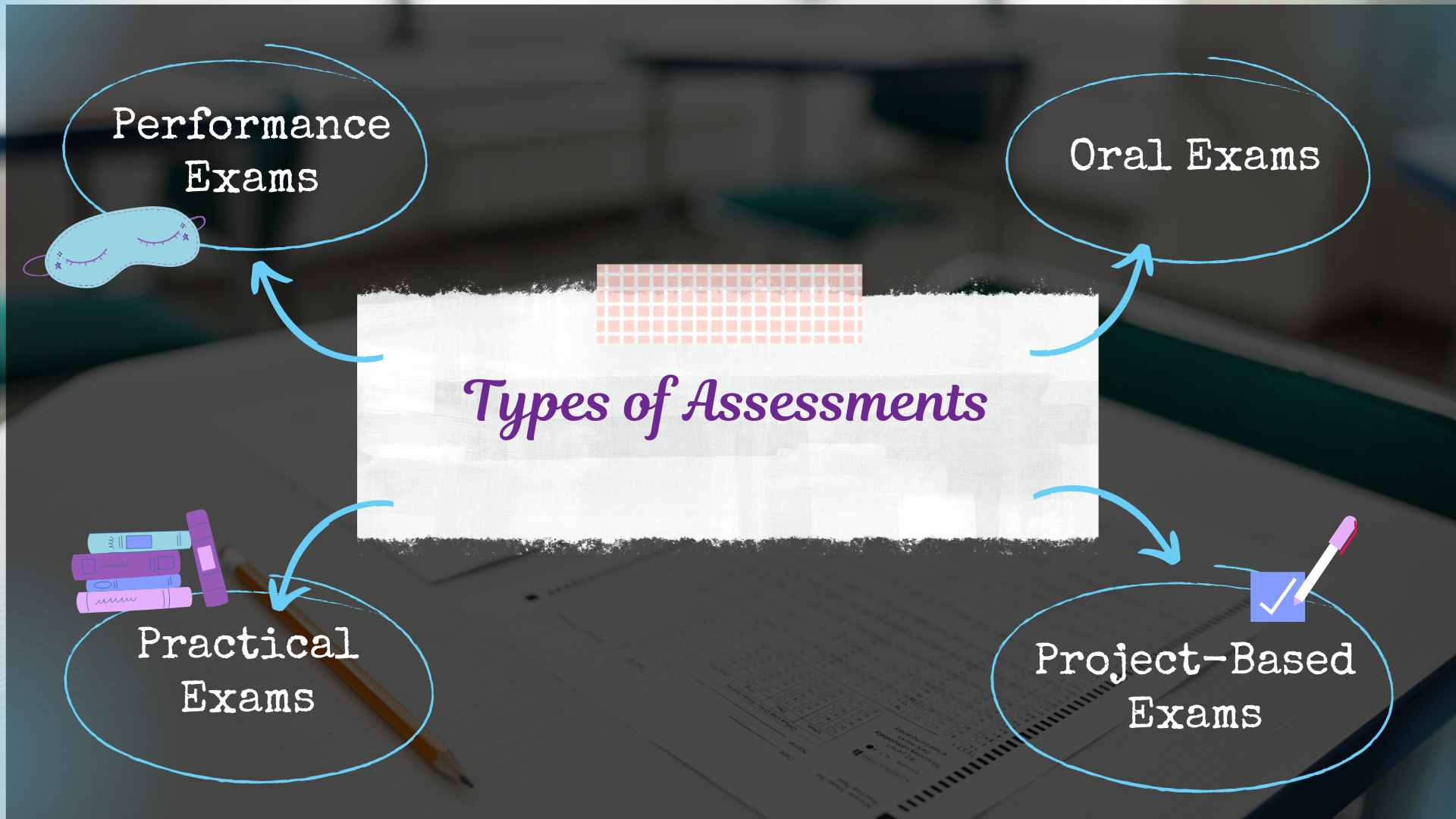Artificial intelligence (AI) has become an integral part of our daily lives, and the field of education is no exception. With the rise of smart learning tools and personalized education systems, many wonder about the impact of these technologies on traditional teaching roles. Will AI replace teachers? Or will it enhance their capabilities and improve the educational process? In this article, we will explore the opportunities and challenges faced by teachers in the age of AI.
Opportunities
- Personalized Learning: AI systems can analyze student performance and provide personalized recommendations tailored to each student's needs. This enables teachers to offer more effective individualized support and improve educational outcomes.
- Reducing Administrative Burden: AI can handle administrative tasks such as grading and scheduling lessons, allowing teachers to focus more on delivering education and interacting with students.
- Providing Deep Insights and Data: AI technologies offer precise analytical insights into student performance, helping teachers make informed educational decisions and design lesson plans that meet each student's needs.
- Enhancing Engagement and Immersion: Through technologies like virtual reality (VR) and augmented reality (AR), AI can create interactive and immersive learning environments that motivate students and encourage them to learn in new and innovative ways.
Challenges
- Training and Skill Development: Teachers need continuous training to acquire the skills necessary to effectively use AI tools. This requires investments in professional development and a shift in traditional mindsets towards education.
- Over-Reliance on Technology: Excessive reliance on AI could reduce the human element in education. It is important to maintain a balance between using technology and preserving the human interaction that is a fundamental part of the learning process.
- Privacy and Security: With the increased use of personal data to improve personalized education, privacy and security issues become more critical. Educational institutions must ensure the protection of student data and comply with legal regulations.
- Bias in Algorithms: AI systems can be biased based on the data they are trained on. Developers and teachers must work together to ensure these systems are fair and inclusive for all students.
Conclusion
The impact of AI on teaching roles brings significant opportunities for improving education as well as challenges that cannot be ignored. By adopting technology cautiously and in a balanced manner, teachers can enhance their capabilities and provide a more personalized and effective educational experience. Human interaction and creativity remain at the heart of the educational process, and AI should be seen as a powerful tool that supports these core values rather than replacing them.



